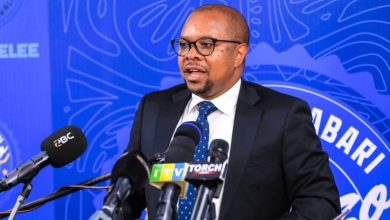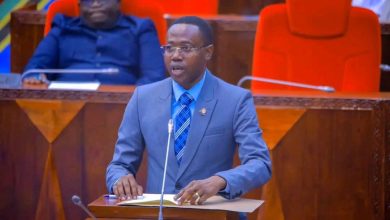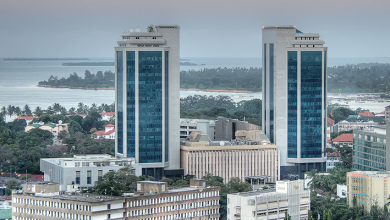Tanzania attracts investors to boost economy

DODOMA: THE Tanzanian government is implementing conducive policies with improved regulatory environment to enhance investors confidence, a key driver for long-term inclusive economic growth.
As a result, it has slashed and reduced a total of 39 fees and levies to attract both local and international investors.
These developments were highlighted on Friday during the 2025 High-Level Strategic Dialogue held in Dodoma, which brought together government officials, Non-State Actors, and Development Partners (DPs) .
Officiating the session, Zanzibar’s Principal Secretary in the Ministry of State, Office of the President, Finance and Planning, Dr Juma Maliki Akili who represented Permanent Secretary in the Ministry of Finance, Dr Natu Mwamba emphasized the crucial role of development cooperation in fostering economic and social progress.
As part of this initiative, the government has streamlined investment procedures by reducing duplication and overlapping mandates while eliminating certain fees that deter investors.
Additionally, the enactment of the Investment Act No. 10 of 2022 provides for the establishment of the Tanzania Electronic Investment Window (TeIW) and a reduced investment threshold for local investors.
This year’s discussions focus on investment opportunities, climate and clean energy financing, and human capital development.
Held under the theme “Towards Vision 2050: Accelerating Resilience and Inclusive Development in Times of Uncertainty,” the meeting aims to strengthen cooperation and chart a path for sustainable economic growth.
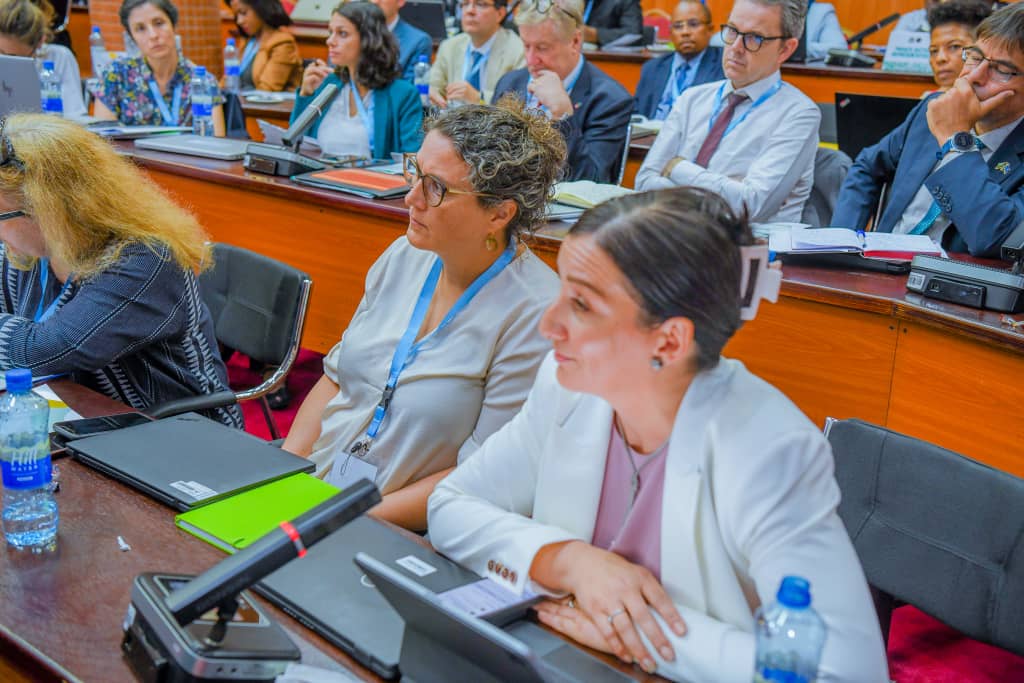
According to him, from November 2020 to January 2025, the number of approved investments in Tanzania has increased significantly to 424 projects, with a proposed capital of USD 5.9 billion.
These projects are projected to create over 22,000 jobs.
“This engagement is pivotal in building trust between the government and its partners while ensuring the realization of agreed development targets,” he said.
He urged stakeholders to engage with open minds and bold ideas.
Dr Juma underscored the importance of aligning national development strategies with Sustainable Development Goal (SDG) 17, which advocates for effective partnerships.
“As we finalize the Tanzania Development Vision 2050, reflecting Tanzanians’ aspirations for the next 25 years, this dialogue provides a platform to generate insights that will shape our nation’s long-term growth,” Dr. Juma stated.
The session also reviewed the implementation of recommendations from last year’s dialogue, which focused on human capital development, food security, infrastructure enhancement, and development financing.
Notable progress includes revising the National Youth Development Policy (2007) to align with current economic and technological shifts and reviewing the Technical Education and Training Policy (1996) to strengthen education-labor market linkages.
On food security, Tanzania has adopted Climate-Smart Agriculture (CSA) to improve resilience against climate change. Through the Tanzania Agricultural Research Institute (TARI), the government has introduced drought-tolerant crops such as maize and sorghum and expanded irrigation projects to boost agricultural productivity.
In infrastructure, Dr Juma cited major projects such as the expansion of the Standard Gauge Railway (SGR), modernization of Dar es Salaam Port, and the extension of the National ICT Broadband Backbone (NICTBB), which now connects seven out of eight neighboring countries, significantly enhancing transport and digital access.
Regarding development financing, he highlighted the government’s push for innovative financing strategies, including Public-Private Partnerships (PPPs) and climate finance initiatives.
“A dedicated Climate Finance Coordination Section has been established within the Ministry of Finance to mobilize resources for environmental sustainability projects,” he said.
United Nations Resident Coordinator and DPG Co-chair, Susan Ngongi-Namondo, reaffirmed the collective commitment to partnership, stating that dialogue must continuously evolve to address emerging challenges.
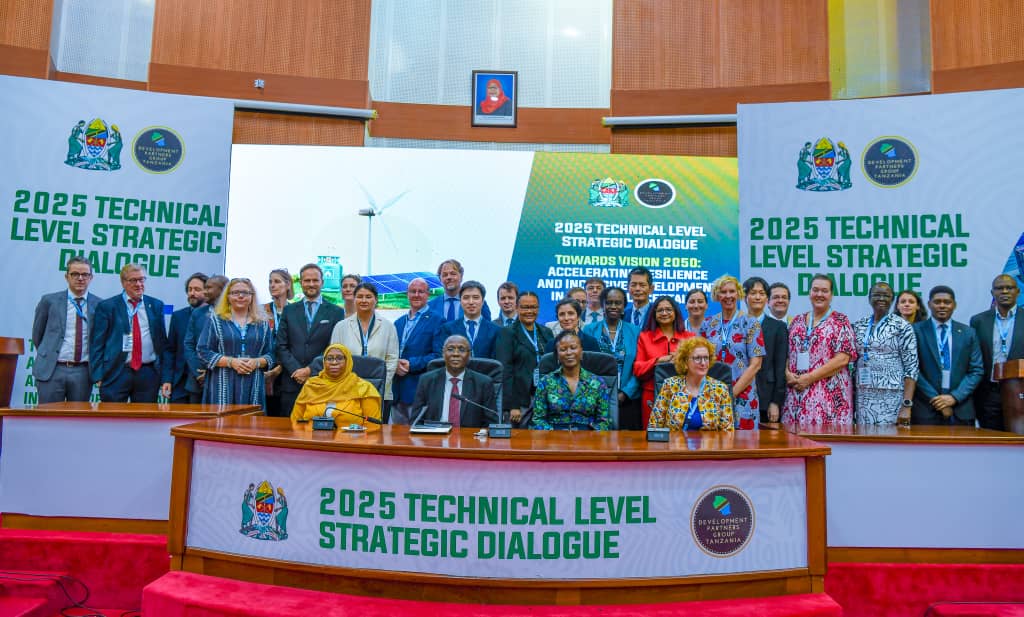
“We celebrate Tanzania’s development progress in health outcomes, infrastructure development, and its role in shaping regional progress as a host for key development conferences and summits,” she said.
She commended Tanzania’s economic resilience, noting that its prudent macroeconomic management has laid a strong foundation for future progress.
“With the ambitious Vision 2050 aimed at transforming Tanzania into an industrialized middle-income country, the role of the private sector in enhancing domestic revenue generation, creating jobs, and ensuring sustainable financing for development is crucial,” she added.
On climate and energy, she acknowledged Tanzania’s strides in sustainable development through initiatives like the National Clean Cooking Strategy, the Renewable Energy Strategy, and the National Energy Compact.
ALSO READ: Investment reforms loom large
“These efforts reflect the government’s commitment to sustainability and resilience, particularly in addressing climate shocks impacting rural communities and key sectors such as agriculture and infrastructure,” she noted.
Participants of the dialogue are expected to propose actionable solutions to enhance partnerships, address financial gaps, and drive resource mobilization.
The strategic dialogue will culminate in the adoption of key recommendations to guide Tanzania’s policy direction towards sustainable and inclusive development.


